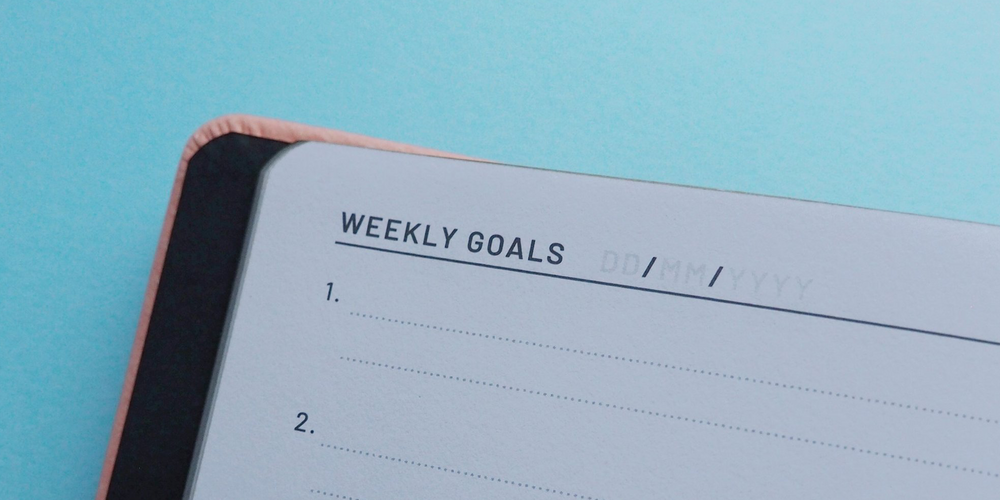Why You Should Add Journaling to Your Self-Care Routine – Stat
If you’re not already doing it, take some time to pen down your thoughts every day.
We get it. The weeks and months of being in quarantine have worn down your psyche. You’re mentally drained, but you can’t quite pinpoint why or what you need to feel better again.
The good news is that one of the most effective methods of stress relief is by processing your emotions. Journaling is a great way to do that.
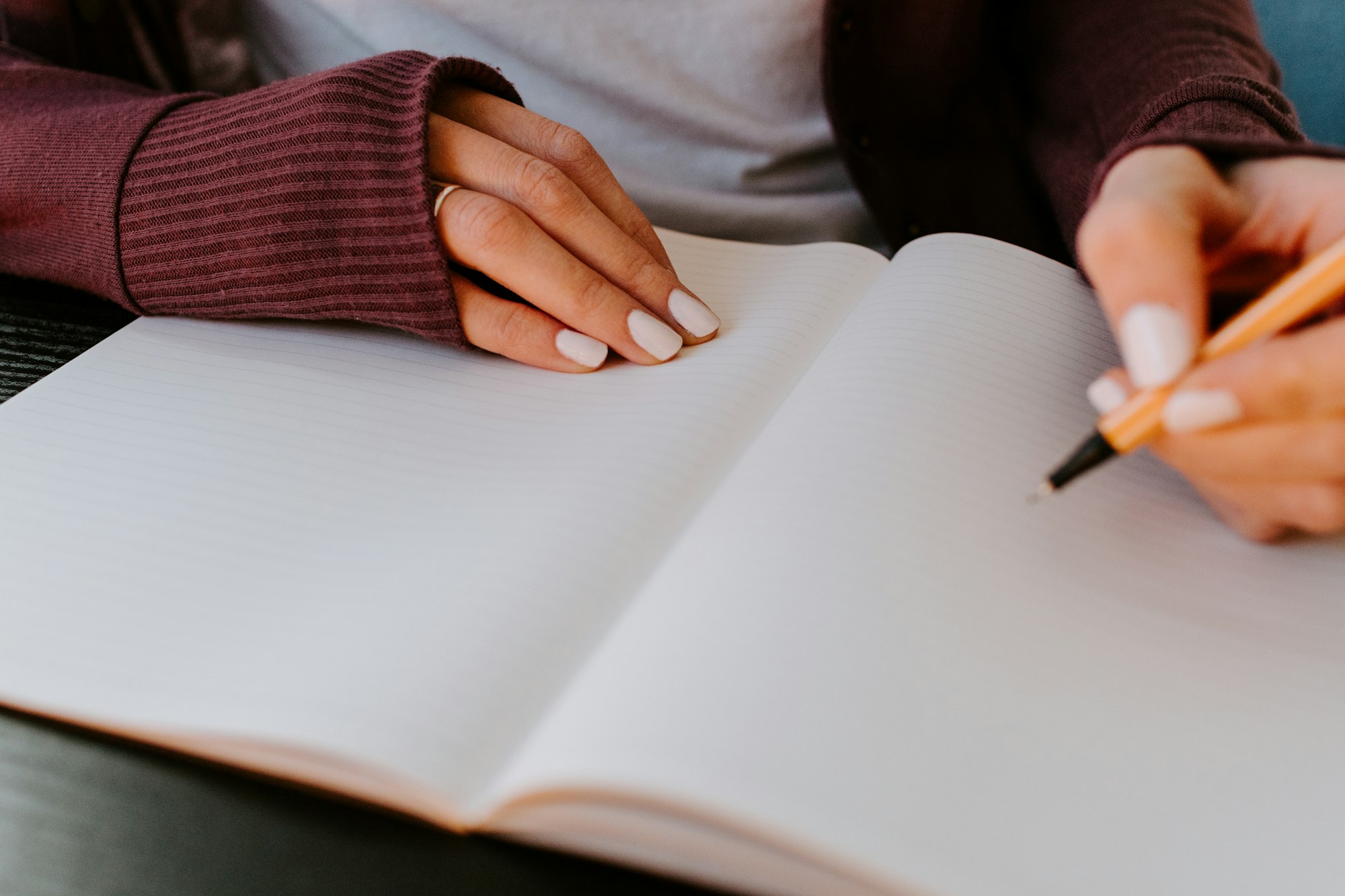
Just the simple act of putting your feelings into words (or even doodles) can help you clear your mind, alleviate anxiety, and lift your overall mood. Studies have shown that journaling is a way to not just heal emotionally, but also improve your physical health by improving your sleep and immune function. It also raises your emotional intelligence by making you more self-aware and in control of your moods, improve self-esteem, and heal from difficult experiences.
Jamie Lee, co-founder of online journal store The Kind Friend, has been journaling for years and believes in it so much that she conducts journaling workshops and designs templated journals to guide users through the journey. We spoke to her during our live online event series, Hmlet in Session, to find out her tips on journaling.
How did The Kind Friend come about?

The Kind Friend started as a passion project on Instagram in January 2019 by my husband to spread positivity and kindness online. Our mission is to help people live a more purposeful life through kindness.
Through the comments and direct messages on Instagram, we noticed that our community faces an everyday challenge of addressing their stress and anxiety. Students tell us how alone they feel in this connected world, professionals share how they feel stressed and overwhelmed at work, and artists share their battles with anxiety and depression with us.
We then took those insights and launched The Kind Friend Journal, hoping to bring mindful thinking and creativity together. Having such a big vision is perhaps a tall order for a startup - after all, we were born out of an Instagram account and our journal is only six months old. But we are completely blown away by the support of our community and it makes us so happy to see that our journals are being used by entrepreneurs, parents, artists, students, writers and athletes from around the world.
What are some features of your journals and what’s the rationale behind them?
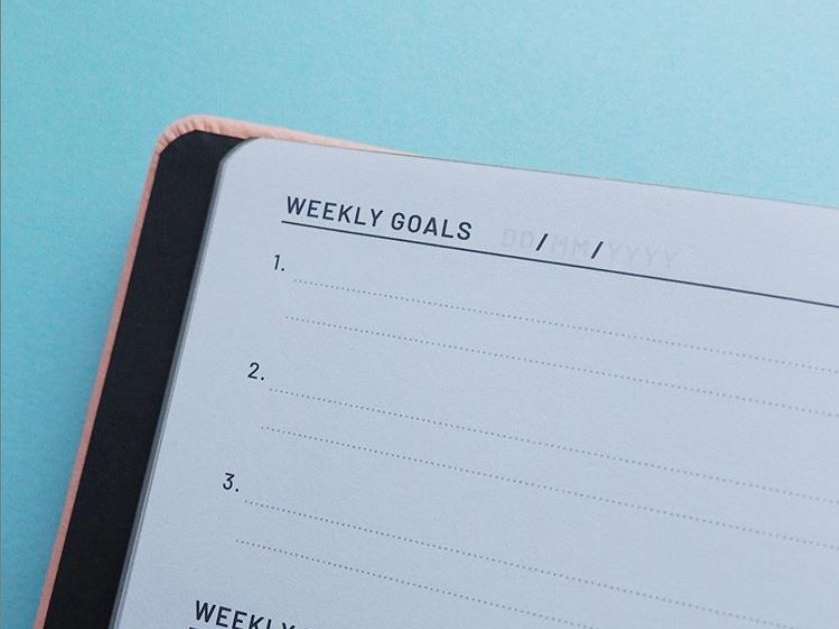
The first part is goal-setting. I feel like there is so much noise around us daily - emails, news, Slack messages - that puts us in a reactive mode. But by setting goals - daily or weekly - you understand better what you can say yes to, what to ignore and when to say no. Having a goal tracker can really help you to focus.
The second part is your emotional data, which tracks your mood every single day. We talk about data all the time, but how often do we track our mood? If you notice that you’re happy every Friday, but you’re miserable from Monday to Thursday, maybe you should reflect and think about whether or not you are in the right job or position. Emotional data thus helps you understand what brings you joy, and help you design your life around it.
The third part is the habit tracker. If we can’t measure it, we can’t improve it. And science shows that it takes about 66 days to form a new habit. The habit tracker helps track your daily progress. For example, if I see that I don’t have quality sleep, I know there’s a high chance that I’m not going to go to the gym the next day. So this helps you understand the barriers and obstacles that are stopping you from achieving your goals.
The fourth part is reflection, which is important because gratitude is crucial for not just your mental well-being but also your physical one. So this reflection part helps you understand the things that are going well in your week, the things that are not (so you can improve on them), as well as what you’re grateful for in that week.
What advice do you have for individuals who are starting to build a habit of journaling or writer’s block?
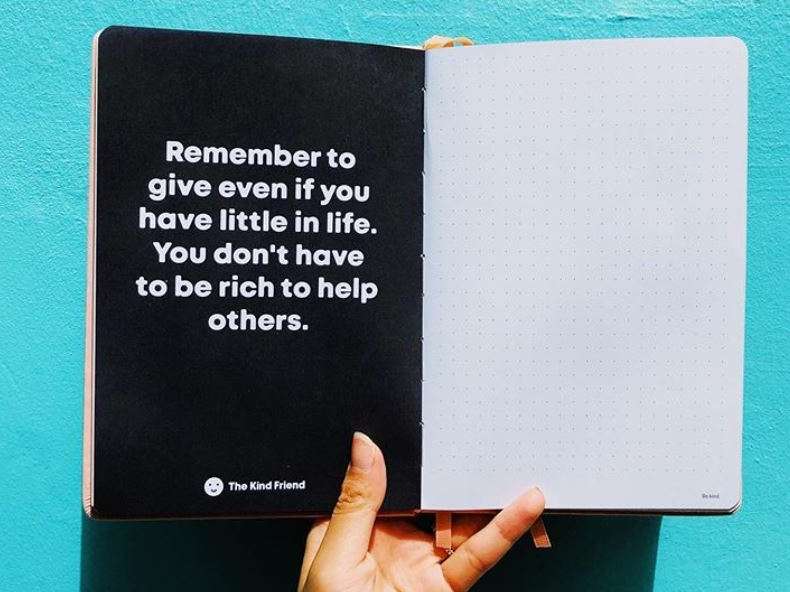
I think as with any habit, think of the mind as a muscle that you can train. It might be daunting, but start small. There’s a term in business called “minimum viable product” (MVP). Think of it as beta-testing your life, and you’re building an MVP. You can start as small as writing one sentence per day. And next week, you might be writing two sentences. And in the following week, it might be three. So you build that up over time.
But I think the easiest way to start can be as simple as writing down three things you’re grateful for about today. If I don’t know what to write, I always go back to gratitude practice.
I also use other journaling prompts that help to build self-reflection, perspective, and resilience. The first is called psychological distancing. When our friends or family come to us for advice, most of the time we’re able to give them the advice they need from an objective standpoint. Yet, we find it hard to coach ourselves when we face problems.
By doing psychological distancing, you are your own coach. I tell myself things like, “Hey Jamie, you can do this. You can solve this problem.” I think this is a great way to gain a different perspective, a third-party perspective, which helps you become more objective instead of letting your emotions get in the way.
The second prompt is called time swap. For instance, imagine you’re writing a journal entry for your great-great-grandkids in this time of Covid-19. Having the thought that they’ll be reading your entries one day will make you want to show them how you overcome this global crisis. This helps to broaden your perspective and make you more grateful.
What would you like to see yourself journaling more about?
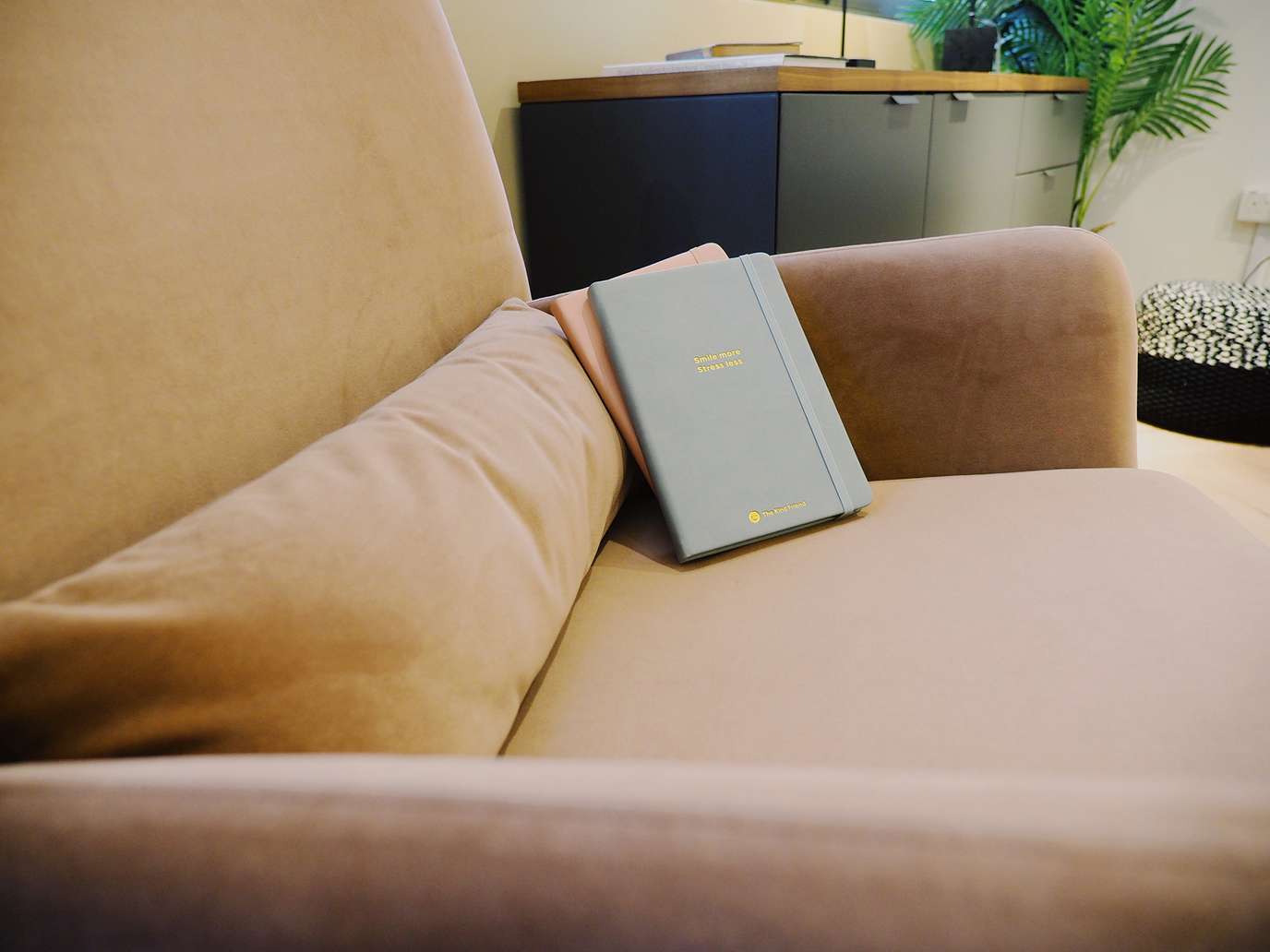
Gratitude practice is a huge part of my journaling experience, and I think it’s because my mom nurtured that aspect in both me and my sister while we were growing up.
I remember every night before dinner, she would go around in a circle and ask us to verbalise what we were grateful for about that day. And that cultivated a growth mindset in me and helped me develop empathy for myself and for others. My gratitude list is sometimes quite crazy as I find so many things to be thankful for, like drinking my favourite tea, or having my husband with me during Covid-19 and experimenting with new dishes together at home.
Gratitude practice is part of my daily ritual now; I do it every morning. At night, over dinner with my husband, we do this mindfulness practice called “rose-thorn-bud”. Rose stands for the things that went well in the day, thorn stands for the things that didn’t go as well or the challenges you’re experiencing but are excited about. Bud is what you’re looking forward to the next day. This game helps us understand the things the other person is grateful for as well as the challenges they’re facing - and it can work for managers and employees, too.
There are so many meditation tools out there and journaling might not be for everyone. But I strongly believe reflection is for everyone, and you can do that on your own or with your partner. Sit there, be still, breathe deep, meditate, and reflect on your life. It’s through journaling, meditation or reflection practice that you understand what’s important in your life.
Warren Buffet measures his life with an inner scorecard. See everything that society tells you that you should get - fame, success, beauty, money - as the numerator. And the denominator includes your stress, sadness, and loneliness. If the denominator gets so big, your life is actually meaningless. I think that’s a very powerful perspective. Self-reflection shows me what brings meaning and joy to my life.
For updates on more inspiring events like this, follow us on Instagram and Facebook. If you need the nudge to start journaling, use KINDNESSNOW to enjoy 10% off at The Kind Friend.
Curious to learn more about Hmlet? Visit our main website.


